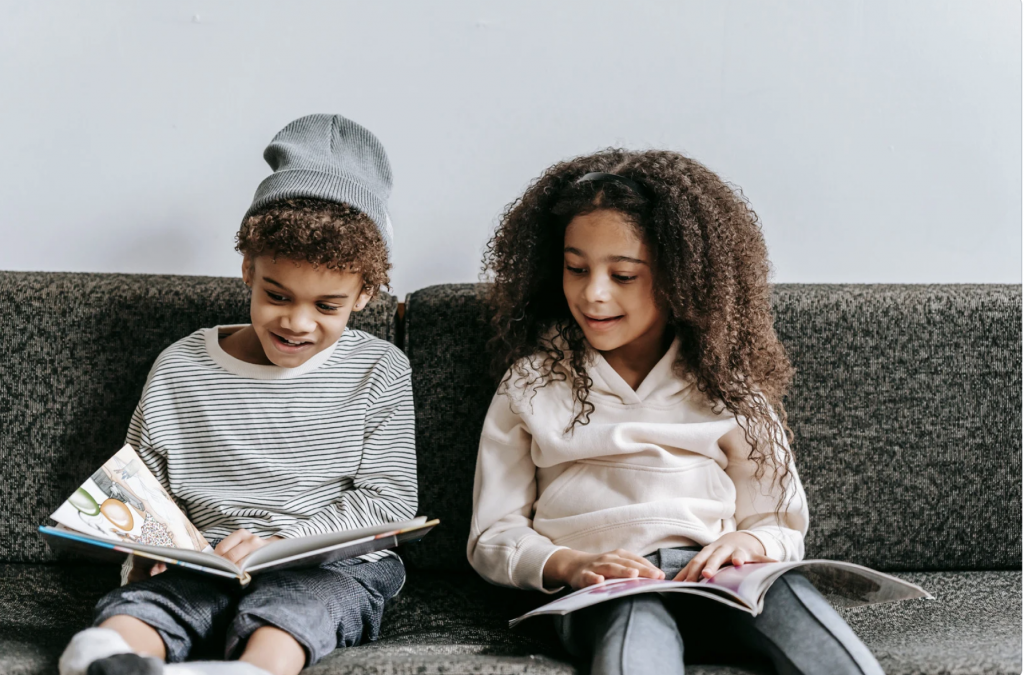A new survey conducted with 359 disabled people and parents of disabled children with disability equality charity Scope’s Research Panel, shows the power of representation in children’s books cannot be underestimated.
The survey comes as the charity has revived some of the stunning artwork from their ground-breaking 2006 campaign, In the Picture, which called for more disability representation in children’s books, for their 2024 Calendar. The calendar features some of the illustrations featured in the campaign’s exhibition, held in London at the time, alongside more recent illustrations from representative children’s books.
The survey also found:
- Four in nine (45 per cent) of disabled people didn’t feel represented in the books they read as a child.
- One in three (32 per cent) have read a book where being disabled is presented in a negative way.
- One in six (17 per cent) of disabled people said they’d stopped reading a book because of a negative portrayal of disability.
The results confirm that representation in children’s literature is a vital tool. It helps children to relate more to the characters and be immersed in that story. One in ten children in the UK are disabled [2]. Representation can help to break down barriers and stigma and can play a key role, introducing non-disabled children to the diversity of real life and be more accepting and tolerant of difference.
The calendar costs £4.99 and is available at Scope’s online shop or in selected charity shop on the high street. Each call to Scope’s free Helpline costs £8, so two calendars can fund one call for a disabled person to receive expert advice and vital emotional support.
Laura Reid, Assistant Head Teacher, Ormsgill Nursery and Primary School, part of South Cumbria Multi-Academy Trust, Barrow-in-Furness says: “Our primary school has a high number of SEN students. Many are autistic with some being non-verbal. Disabled children face so many barriers and representational books definitely have the power to create a more accepting and tolerant society. I believe that every child should be able to read a book and relate to the characters. I know when I read to our students, I ensure they all feel part of the story and that makes them totally engrossed in that book.
“A really important part about reading these stories to our students is, it gives me the opportunity to have age appropriate discussions about diversity and disability. These reading sessions are so vital in helping students realise they’re an equal part of society, while developing their confidence at the same time.”
Ruth Blazye, Executive Director of Retail and Communities at disability equality charity Scope, says: “When children are introduced picture books and see diverse characters, they’re being introduced the wealth of the wonderful differences that are found in real life. It was disheartening though to find too many disabled children and their parents said that they’d never seen anyone who looked or talked like them or, if they saw a disabled person, it was in a negative context. This sends a troubling message that implies that disability is something to be feared. It can also lead to disabled children thinking they or their disability should be hidden away. These outdated stereotypes portray disabled people are damaging and belong in the past.
“That needs to change, and that’s why it was such a pleasure to create our 2024 calendar. It’s an absolutely stunning work of representation and we thank all the wonderful artists and author who generously donated their work so we can continue to support disabled people at a time they need our help most.”

